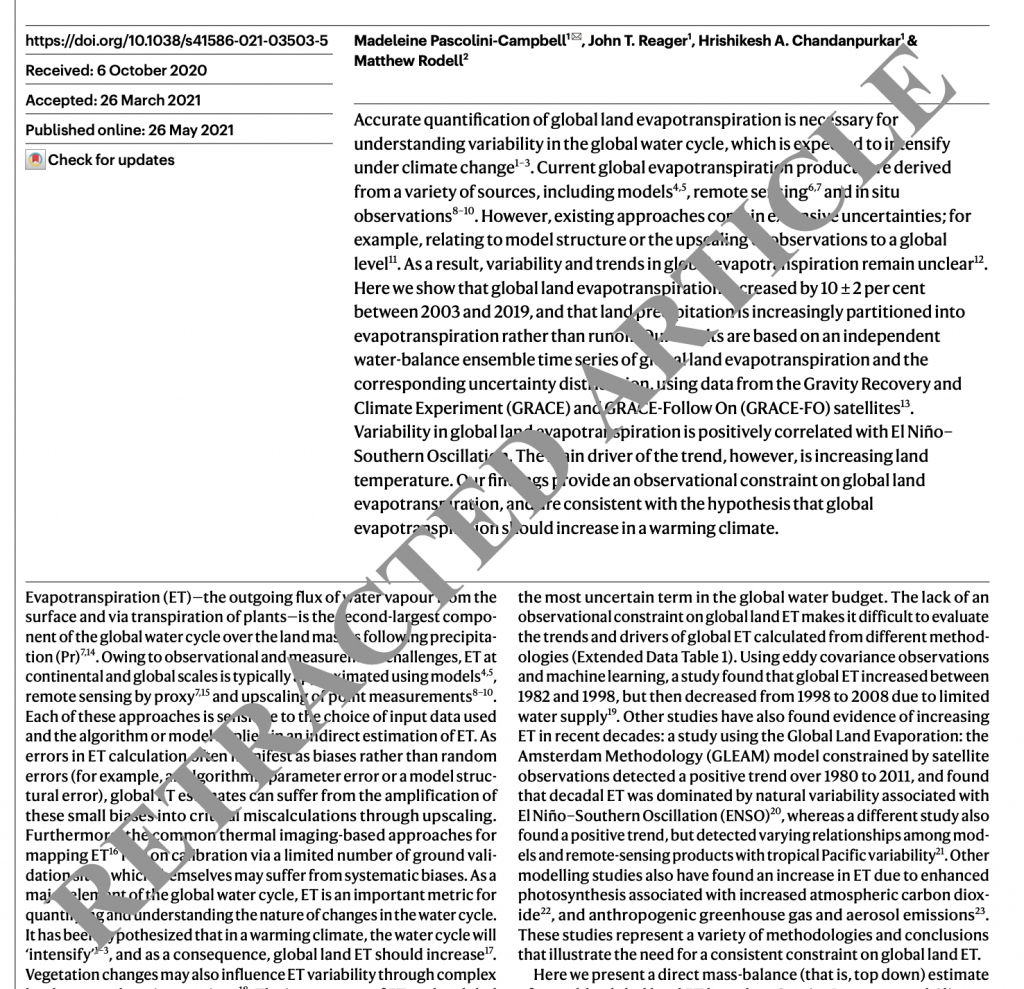
A JAMA journal has retracted and replaced a widely circulated 2021 paper which purported to find that pot use among adolescents drops when states make the drug legal.
The article, “Association of Marijuana Legalization With Marijuana Use Among US High School Students, 1993-2019,” appeared in JAMA Network Open and received a bale of attention in mainstream and social media. As GreenEntrepreneur reported:
A September 2021 study of high school use between 1993 and 2019 used the Youth Risk Behavior Survey (YRBS) to determine that adult-use laws did not increase teen use. After two years, states with adult-use laws saw decreases in usage.
But as readers soon pointed out, the findings were schwag. According to the notice:
Continue reading Study on teen pot use goes up in smoke, then reappears






